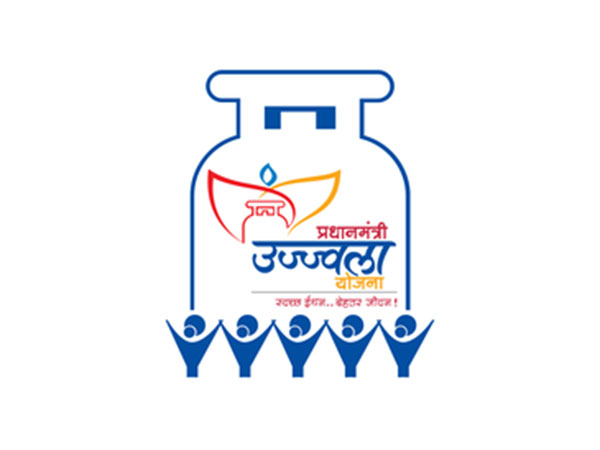Petroleum and Natural Gas Minister Hardeep Singh Puri on Monday said that India’s economic transformation over the past decade has been both remarkable and historic, with the country climbing from the eleventh to the fourth-largest economy globally. Speaking at the 77th Foundation Day celebration of the Institute of Chartered Accountants of India (ICAI) at Bharat Mandapam in New Delhi, the Minister highlighted key milestones that reflect the country’s robust growth and reform-driven development.
“Our GDP has more than doubled, from USD 2.1 trillion in 2014 to USD 4.3 trillion in 2025. We have recently overtaken Japan and are on course to become the third-largest economy by 2030, surpassing Germany,” Puri said. He credited this progress to policy boldness, effective financial management, and extensive welfare measures, especially in the face of global economic challenges.
Social Welfare at the Forefront
Puri pointed to landmark government initiatives that have delivered tangible outcomes on the ground. Over 27 crore people have been lifted out of multidimensional poverty, nearly four crore houses have been approved under the Pradhan Mantri Awas Yojana, and 15.4 crore rural households have received piped water through the Jal Jeevan Mission.
He also highlighted the impact of Ayushman Bharat, which now provides health insurance coverage of ₹5 lakh to more than 70 crore citizens, making it one of the largest publicly funded healthcare programmes in the world.
Driving Investment and Reforms
India has witnessed a sharp increase in foreign direct investment (FDI), receiving USD 748 billion between 2014 and 2025—marking a 143% jump compared to the previous decade. The number of source countries has also expanded from 89 to 112, underscoring growing global confidence in India’s economic prospects.
Key policy reforms have played a crucial role in this transformation, including the Insolvency and Bankruptcy Code (IBC), Production-Linked Incentive (PLI) schemes, the rollout of the Goods and Services Tax (GST), and a shift to Direct Benefit Transfers (DBT). Additionally, the government has eliminated over 25,000 outdated compliances and repealed 1,400 obsolete laws to streamline business operations.
Evolving Tax Culture and Digital Economy
India’s tax landscape has undergone a significant overhaul. The number of income tax returns filed annually has risen from 3.6 crore in 2013–14 to 8.5 crore in 2024–25. Of these, 95% are processed within 30 days. Puri noted that every rupee collected in taxes supports critical services, LPG connections for women, healthcare for the poor, electricity for rural homes, pensions, and youth employment.
The banking sector, once burdened by non-performing assets, has made a dramatic recovery. Gross NPAs of Scheduled Commercial Banks have fallen from 14.58% in FY 2017–18 to under 3% in FY 2024–25.
India’s digital economy has also come into its own, powered by the success of the Unified Payments Interface (UPI), which now handles nearly half of all global real-time digital transactions. With over 500 million active users and fintech adoption at 87%—well above the global average of 67%—India’s digital public infrastructure continues to set benchmarks.
Ujjwala Yojana and Energy Sector Growth
Highlighting the success of the Pradhan Mantri Ujjwala Yojana, the Minister shared that over 16.5 crore LPG connections have been distributed since 2014. This initiative has improved public health, empowered women, and helped reduce indoor air pollution across rural India.
He also pointed to the strong performance of public sector undertakings (PSUs) in the oil and gas sector, with their combined market capitalization nearly doubling to ₹8.79 lakh crore since 2014, an indicator of investor trust and sectoral growth.
Future-Ready Financial Professionals
Looking ahead, Puri urged chartered accountants to embrace technological transformation by adopting artificial intelligence and advanced analytics. “Routine tasks will increasingly be automated, your role will evolve into that of strategic advisors using data to drive smarter decisions,” he said.
In his closing remarks, the Minister called on the ICAI community to uphold the highest standards of transparency, efficiency, and accountability as India sets its sights on becoming a developed nation by 2047. “Your profession plays a vital role in safeguarding our economy. Your integrity and commitment are essential for building a Viksit Bharat.”















